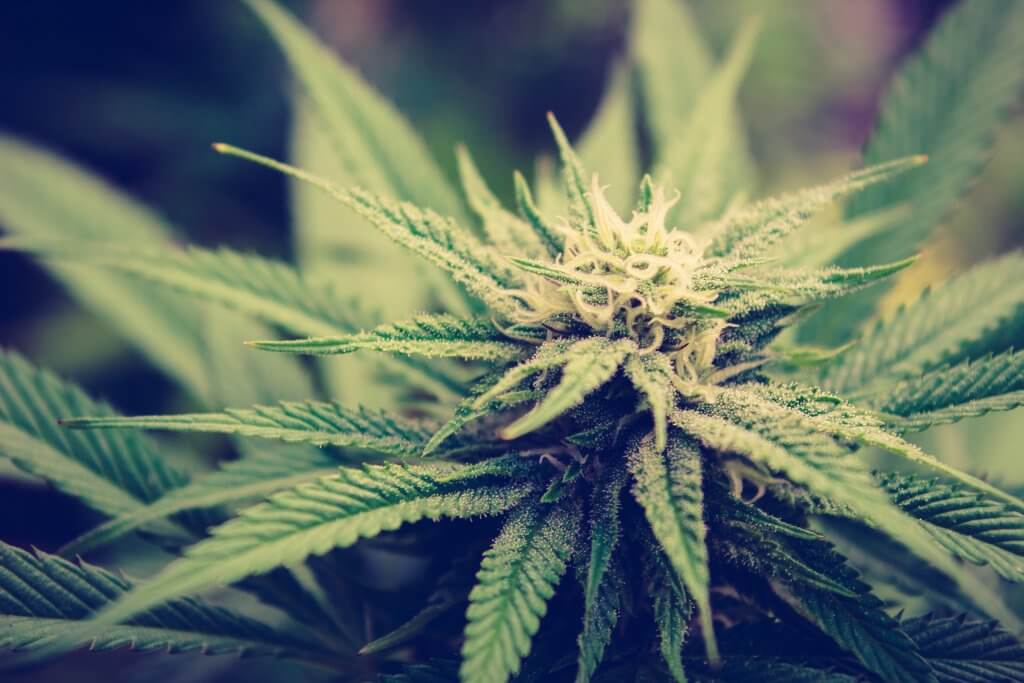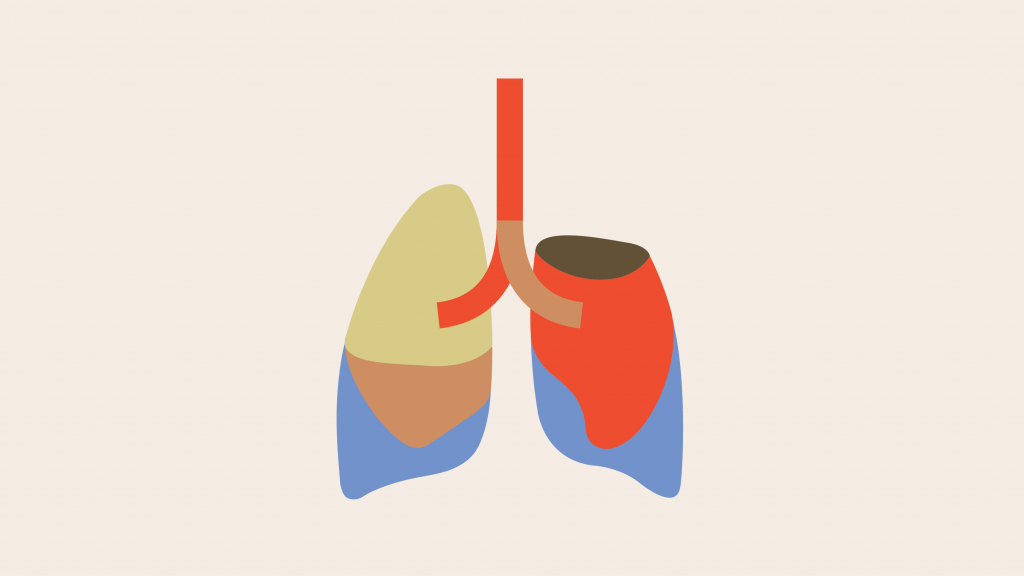To Weed or Not to Weed?
- Many seniors such as Tommy Chong, 86, of “Cheech and Chong” fame, are using cannabis — though the stoner comedy legend has been an open weed smoker his whole life. The Up in Smoke star has been particularly vocal about using it to get through prostate cancer treatment, which is often widely acceptable for medical use.
- However, a new study says that there is a “growing number” of older people developing an “unhealthy relationship” with the drug. Analyzing data from nearly 56 million Medicare beneficiaries, researchers found “rates of health care encounters with cannabis-related disorders” increased from 2017 through 2022.
- Discussing marijuana use with your doctor, and how much of it you are using, is a good start to gauging whether or not it’s causing you any potential harm. Many doctors believe in the use of marijuana for medical use, but there are many forms of ingesting weed these days — smoking it, eating it in the form of gummies or other edibles, or drinking it — and not all products may be safe.
However, for those new to this habit for recreational purposes, a new study published in JAMA network says that there is a “growing number” of older people developing an “unhealthy relationship” with the drug.
Read More
As using cannabis has become more and more commonplace, experts have warned young users about physical and mental health ailments on their bodies, but now, based on this new study, those dangers may include warning older people as well.
“Overall, data suggest that increasing rates of health care encounters documenting cannabis-related disorders among older adults might be associated with the type of cannabis legalization,” the study says.
An Earlier Study on Cannabis Use Disorder
In November, a study published in Nature Genetics focused on cannabis use disorder, which is akin to addiction. It evaluated more than a million people of various ethnic backgrounds to understand its impacts better. The genome-wide association study examined cannabis-use disorder at a genetic level.
While the 2023 study raised “important concerns regarding the potential adverse consequences of the secular trend toward increased cannabis use consequent to legalization,” according to its authors, it is important to remember that many people use marijuana casually — and many do not smoke it.
The Centers for Disease Control and Prevention defines cannabis use disorder as someone who is “unable to stop using marijuana even though it’s causing health and social problems in their lives.” The CDC goes on to say that “three in 10” marijuana users have this disorder.

“Substantial negative health outcomes associated with chronic cannabis use include various cancers associated with inhaling combustion products, declines in cognitive capacity and motivation, and increased schizophrenia risk,” the study noted.
Chronic pain is cited as a reason for cannabis users to evolve their habit into more of an addiction. Researchers in the study say cannabis use disorder “showed a unidirectional effect on lung cancer.”
Cannabis and Lung Cancer
The connection between obsessive cannabis usage and lung cancer still remains fuzzy at best and needs more research, authors of the study said However, the study suggested cannabis use by people who also regularly smoked cigarettes had a negligible effect on their overall cancer risk due to the risk cigarettes already pose.
“As someone on the front lines, who sees this every day, I’ve seen lung cancer caused by marijuana that is incredibly aggressive,” says Dr. Raja Flores, Chairman of the Department of Thoracic Surgery for the Mount Sinai Health System.
Dr. Raja Flores breaks down risk associated with smoking marijuana
“There is no real good population-based study that looks at marijuana smoking and that has had enough time elapsed to show it’s associated with lung cancer, [but] I’ve seen it. I’ve seen multiple, multiple cases of it. I see it every day,” Dr. Flores says.
Another issue doctors see when trying to measure lung damage from marijuana use is how often people smoke it. It could be possible that smoking pot is just as harmful as smoking cigarettes, but pot smokers tend to experience fewer symptoms because they usually smoke less often.

“Marijuana smoke contains many of the same carcinogens as cigarette smoke, but not all of them,” Dr. Peter Shields of Ohio State University’s Wexner Medical Center says.
“Conceptually there would be an increased risk, but this is not clearly established from the available scientific studies, and as important, the dose needed to measurably increase risk is not known.”
So what will it take for researchers to actually be able to conclude without a doubt that smoking marijuana causes lung cancer? Federal legalization, these experts say, which would legalize use in all 50 states. Such widespread legalization might facilitate the accumulation of data regarding marijuana usage because of the absence of legal consequence for users.
In turn, Dr. Flores predicts more health trouble for marijuana users. “What you’re going to see going down the line is the reincarnation of the whole tobacco disaster,” he says. “I see it now already.”
Discussing marijuana use with your doctor, and how much of it you are using, is a good start to gauging whether or not it’s causing you any potential harm. Many doctors believe in the use of marijuana for medical use, but there are many forms of ingesting weed these days — smoking it, eating it in the form of gummies or other edibles, or drinking it — and not all products may be safe.
Learn more about SurvivorNet's rigorous medical review process.

